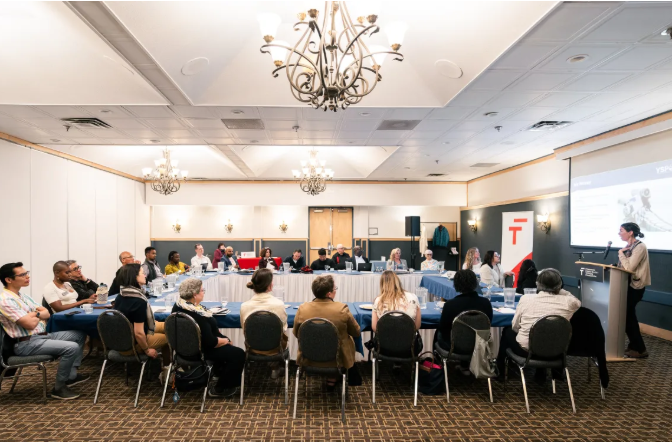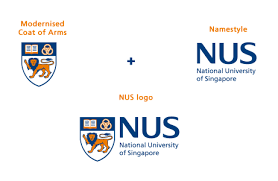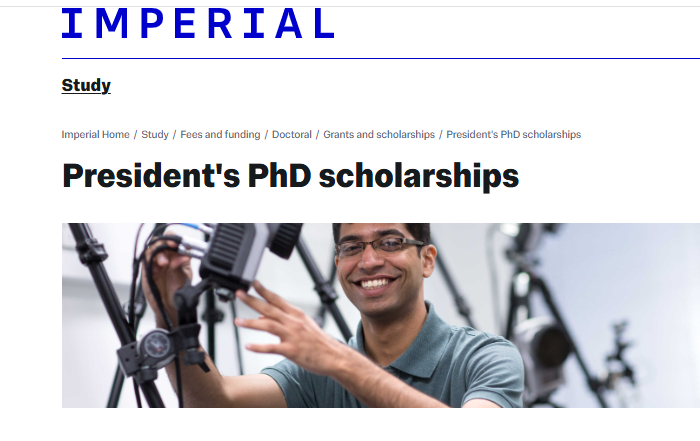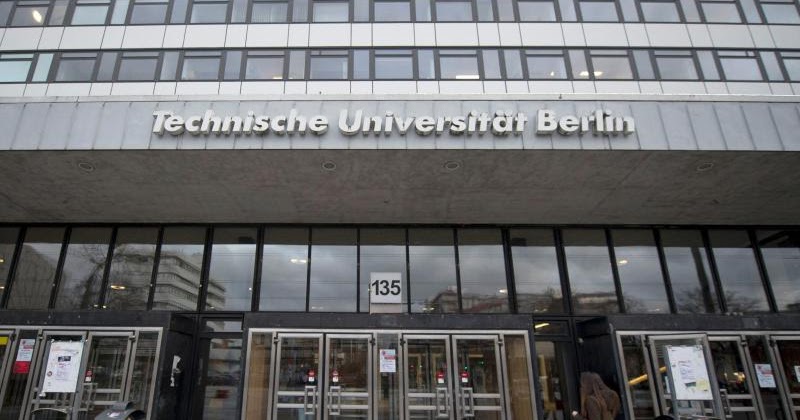EPSRC
We are inviting applications for this EPSRC-funded PhD studentship to commence as soon as possible. For eligible students the award will cover UK/EU tuition fees and an annual stipend (in 2013/14 this will be £13,726 for full-time students, pro rata for part-time students) for three years. This project is one of a number that are in competition for funding. Studentships will be awarded on the basis of merit.
Successful applicants will be based within Biosciences (Streatham Campus, Exeter) at the College of Life and Environmental Sciences, University of Exeter.
Supervisors: Professor Robert Beardmore (University of Exeter; r.e.beardmore@exeter.ac.uk ) in collaboration with Dr Laurie Frink (University of Minnesota)
Largely, if not solely, due to human misunderstanding of how antibiotics work and how best to use them, our supply of antibiotic drugs is rapidly diminishing due to the evolution of resistance. The purpose of this project, therefore, is to investigate properties of the so-called minimal inhibitory concentration (MIC) that is associated with every antibiotic. Our idea is to use mathematical models of how antimicrobial peptides lead to the formation of pores in bacterial lipid membranes to predict where the MIC should be and what can lead to increases in MIC.
Now, the MIC is the concentration at which Darwinian selection for drug resistance is believed to begin, but recent experiments have demonstrated in vitro that selection begins at much lower concentrations than the MIC. This is a grave error as clinical treatments are designed based on the value of the MIC. Here we aim to demonstrate that the concentrations at which selection for resistance begins in the case of peptides are described within a particular phase diagram whereby the MIC appears as a phase transition. Moreover, we also expect to find both sub- and super-critical regions in this diagram that could indicate that selection for antibiotic resistance can appear at arbitrarily low concentrations. Ultimately, we want to use this information to better understand how to design dosing strategies as part of antibiotic treatments and this is a truly inter-disciplinary project where opportunities to work with wet-lab collaborators and to perform experiments to test outcomes of the theory you develop will be possible.
Examples of recent publications from the group on related scientific topics that might provide useful background reading:
http://www.plosbiology.org/article/info%3Adoi%2F10.1371%2Fjournal.pbio.1001540
http://www.nature.com/nature/journal/v472/n7343/abs/nature09905.html
http://www.smb.org/prizes/segel/segel_winners.shtml
You must have obtained, or be about to obtain, a First or Upper Second Class UK Honours degree, or the equivalent qualifications gained outside the UK, in a relevant subject such as mathematics, physics, computer science or engineering. Experience of a programming language, like Matlab or C will be advantageous.
The studentship will cover a stipend at the standard Research Council rate (£13,726 per annum for 2013-2014), research costs and tuition fees at the UK/EU rate for students who meet the eligibility requirements outlined by EPSRC (see http://www.epsrc.ac.uk/skills/students/help/Pages/eligibility.aspx). Students from EU countries who do not meet the residency requirements may still be eligible for a fees-only award. Students from outside of the EU would not be eligible for this award.
The closing date for applications is midnight on 8th September 2013.Â
For instructions on how to apply and the application form, go to the apply button below.
Scholarships are not only for the smart students. Anyone can get scholarships













Have a Question about this Scholarship?